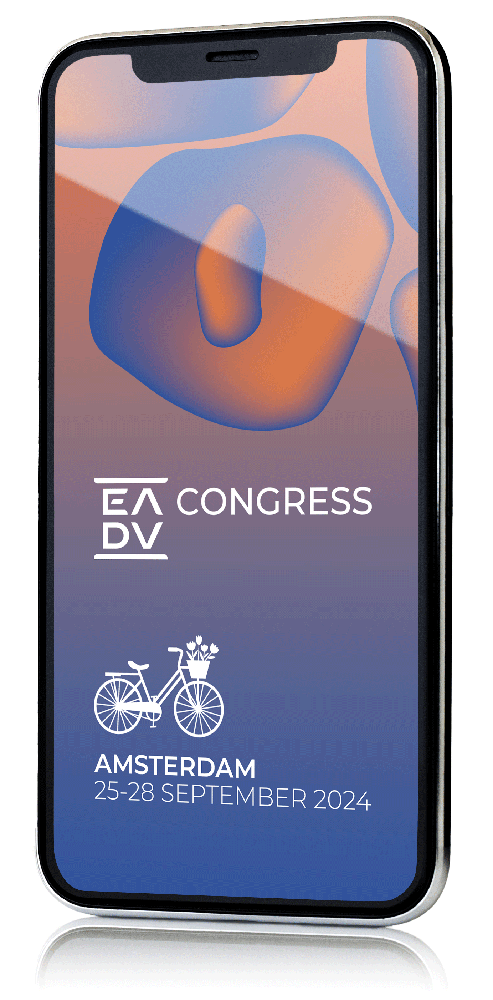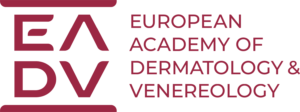EADV Congress virtual platform
The EADV Congress official platform is an essential tool for all Congress attendees, providing comprehensive access to the Congress experience from anywhere.
The EADV Congress in your hand
The EADV Congress official platform is the access to the Virtual Congress, allowing you to get instant access to the full scientific programme, abstracts, ePosters, session surveys, industry sessions, and the latest news, and interact during sessions.
The EADV Congress official platform is the perfect companion both during the days of the EADV Congress and after the event is over when you can rewatch all sessions on demand.
Interactions during sessions will be facilitated by the EADV Congress 2024 app, allowing you to send questions, vote, and evaluate
Explore the full scientific programme, view ePosters and scientific abstracts, and stay up to date with the latest Congress news.
Designed to enhance your engagement, the EADV Congress platform enables you to participate in live session surveys and industry sessions, send questions, and evaluate your sessions.
Re-watch your sessions on demand, earn your CME credits, and download your certificates! Stay on top of the latest in dermatology, and make the most of every Congress moment.
On-demand content
Play all the scientific sessions on demand
Session evaluations
Evaluate all sessions and gain your CME-CPD credits
Certificates
Download your certificates
Scientific programme
Access the full programme and create your own agenda
Session interactivity
Participate in the sessions by answering the polls and ask your questions
Abstracts and ePosters
Access the latest research from your device
How to access the virtual platform
USERNAME
Access with the same email address used to register to the EADV Congress.
PASSWORD
EADV MEMBER?
Use the same password connected to your membership profile
REGISTERED BY SOMEONE ELSE?
Use the Forgot password function



